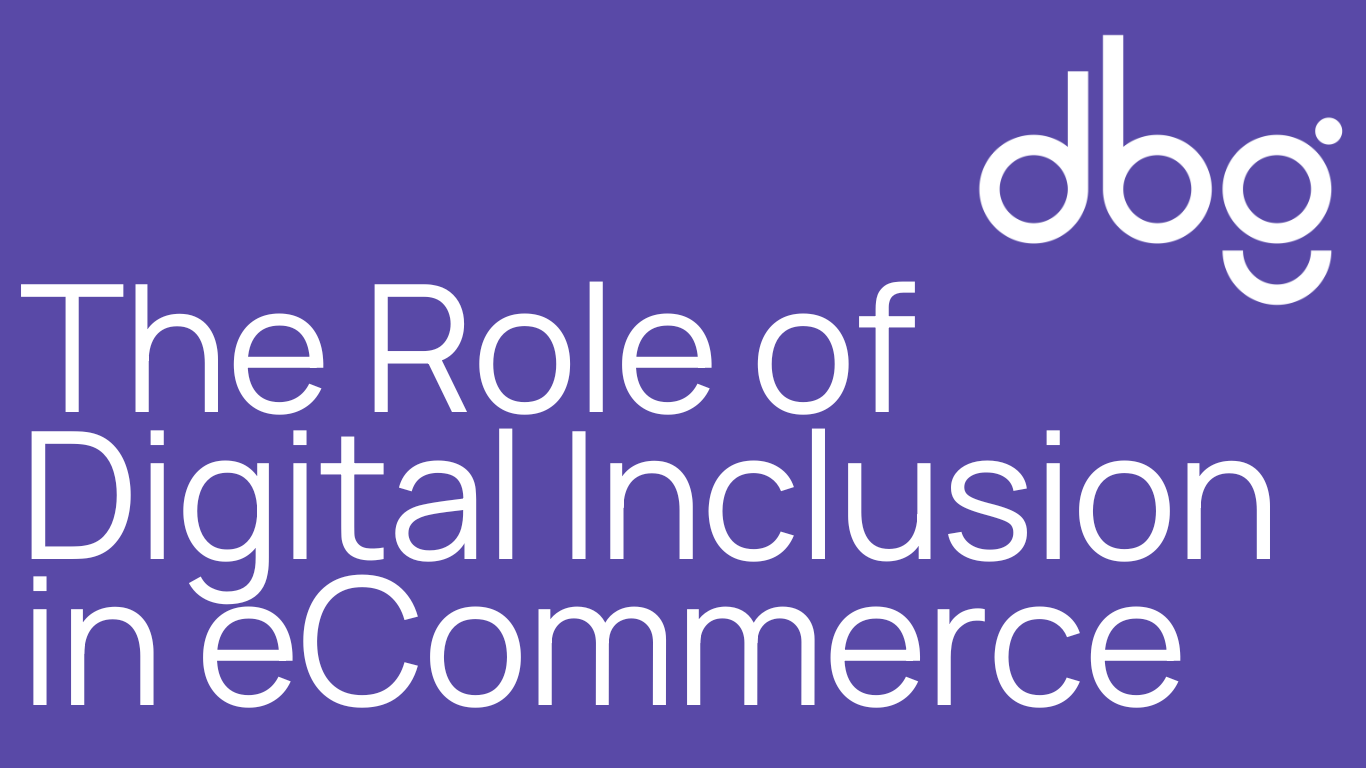 Digital inclusion is a critical factor of sustainable eCommerce businesses, that ensures that everyone, regardless of their background or location, can participate in the digital economy.
Digital inclusion is a critical factor of sustainable eCommerce businesses, that ensures that everyone, regardless of their background or location, can participate in the digital economy.
Breaking Barriers with Accessibility:
Digital inclusion in eCommerce begins with ensuring accessibility for all. This involves creating websites and platforms that are user-friendly and can be navigated by individuals with varying levels of technological proficiency. Implementing features such as altnerative text for images, clear and simple interfaces, and compatibility with assistive technologies not only caters to a wider audience but also aligns with ethical business practices.
Global Reach and Market Expansion:
One of the key advantages of prioritising digital inclusion in eCommerce is the ability to tap into a global market. By making your online store accessible to people in different regions and demographics, you open the door to a diverse customer base. This inclusivity not only increases sales potential but also contributes to a more equitable distribution of economic opportunities on a global scale.
Enhanced User Experience and Customer Loyalty:
Digital inclusion is not just about reaching a larger audience; it’s about providing an inclusive and positive user experience. A website that is easy to navigate, regardless of a user’s technological background, fosters trust and customer loyalty. Implementing features like multiple language options, diverse payment methods, and responsive design ensures that customers feel valued and supported throughout their online shopping journey.
Innovative Technologies and Adaptability:
Staying ahead in the eCommerce game requires constant innovation and adaptability. Embracing digital inclusion means being open to new technologies that can make the online shopping experience more accessible and enjoyable for everyone.
Social Responsibility and Sustainability:
Beyond business benefits, digital inclusion in eCommerce aligns with social responsibility and sustainability goals. By making your online platform accessible to a wider audience, you contribute to reducing economic disparities and fostering a more inclusive digital society. This not only enhances your brand’s reputation but also positions your business as a responsible and forward-thinking player in the industry.
By breaking down barriers, reaching a global audience, enhancing user experiences, embracing innovation, and promoting social responsibility, businesses can position themselves for long-term growth.
